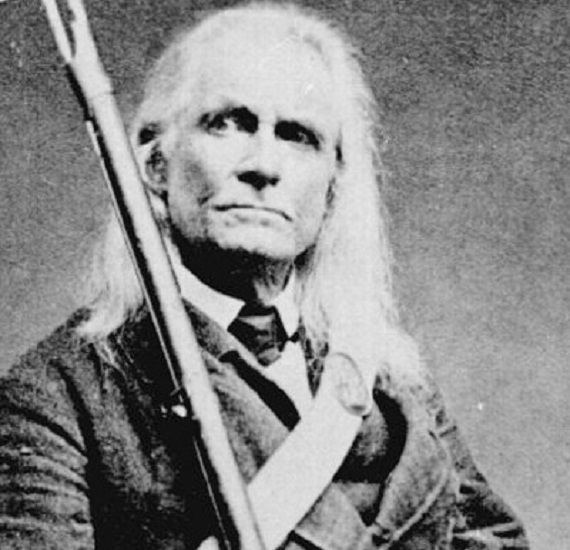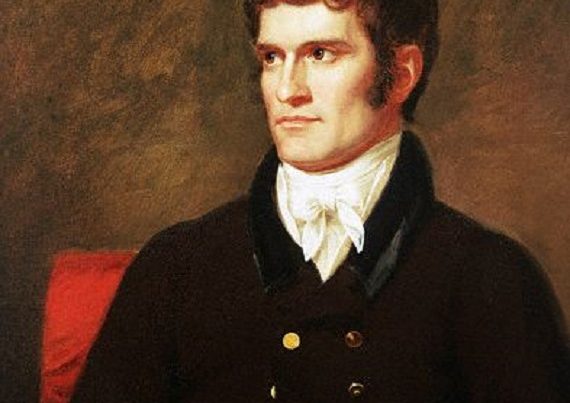
Edmund Ruffin, from his Diary:
[W]hen the mob bears the sway in elections, it knows little, & cares not at all, for the superior fitness or honesty of candidates. Each of the lowest voters gives his vote, or the direction of his vote, to some one the nearest in qualities to himself, or by whose favor the voter expects to gain something for himself. As it is impossible for the ignorant, the obscure, & the secluded, to judge of the claims (according to any standard,) of candidates out of their own narrow sphere, & personally unknown to them, such voters necessarily must trust to artful & often vulgar demagogues to guide them.Thus the increased powers which the letter of a constitution ostensibly confers on popular suffrage, the people hasten to transfer to the hands of demagogues, who will always wield the popular favor & power for their own personal, selfish, & base purposes. If each influential demagogue (or base flatterer of the lowest people,) cannot procure himself to be elected for the office in question, he lends his influence & votes to some stronger demagogue, under a bargain, implied if not expressed in words, to be repaid in wages of corruption….
But there is even a stronger objection to universal suffrage, or the extension of suffrage to the classes who own no property, & pay little or nothing of the taxes. Individuals of this class are not only, as the general rule, too ignorant to vote judiciously, but, having no interest in the preservation of the public revenue, they care nothing for its disbursement & waste. Further –while they have no interest in taking care of the public funds, in numerous cases they have, or think they have, individual interests to be aided by the most profuse waste of the public funds. As laborers to be employed, or their wages raised – or as pensioners on the treasury – or as employees of, or dependents on, rich & influential contractors – the greater number of the most destitute & ignorant voters will learn to favor the high amount & waste of the taxes as more conducive to their private interests, than the most wise & faithful economy. Then, when in the progress of time, these poorest voters make the majority in any community, their interest, always opposed to that of the tax-paying class & property holders, will, from being more & more detrimental to the latter … be predominant.
Then comes the awful consummation to which universal suffrage always tends & approaches, that is, when one class of the people owns the property & pays the taxes – & another class, grown to be a majority, having equally the right to vote in all public matters, fixes the amount & directs the expenditure of the taxes & of all government funds…. And whatever may be the letter of the written constitution of government … whenever one class of citizens pays the taxes, & has no power to assess or disburse them, & another class has these powers, & contributes nothing to the taxes, that country will be governed by a grinding despotism….







The Great Society, The Civil Rights Movement, Women’s Rights, etc.
I am sure he would have loved seeing people wearing masks inside their cars riding alone to be tested for a virus they have to be tested for to discover if they have it. Terrified of a virus experienced by over 3000 eighty-year-old Japanese stranded on a luxury liner being fed-and-cage-cleaned by men in hazmat suits for over a month only to find fatalities at a rate less than expected prior to the plandemic.
After the Princess, it was obvious this was all a lie. And now, two years later, they have doubled down so many times there’s no room on the table for extra cards.
I read the diary about 10 years ago and remember this portion. For those who have not read the diary, I highly recommend. One of the variety things I realized during and after reading it was that Edmund Ruffin was a well read person. He read everything. Every newspaper he could get his hands and many books. Both, novels of the day or the classics. He’d go thru these books in just a day or two. Early in the diary he states one of the greaest joys of his life was the satisfaction he received from reading.